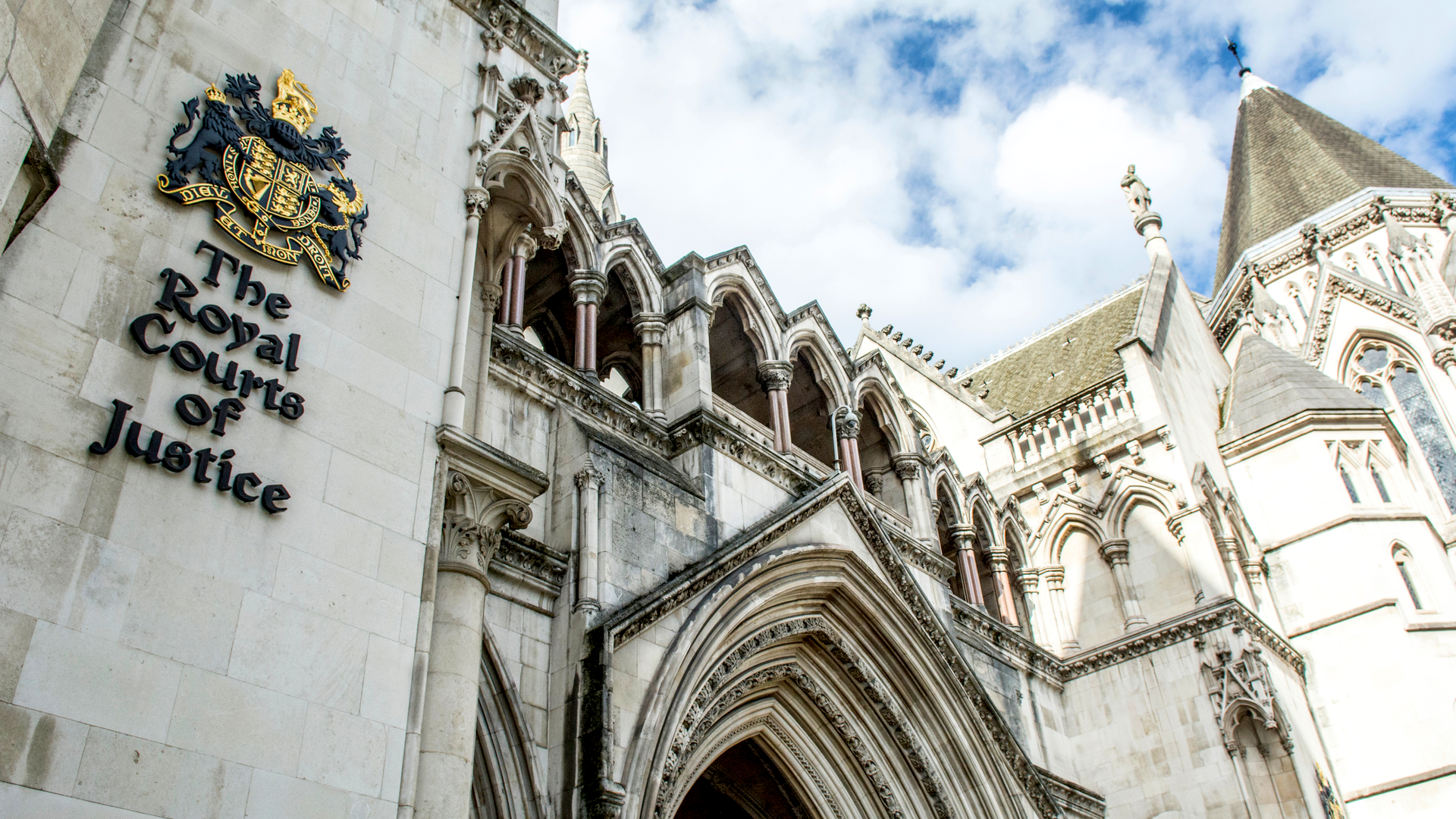MoJ’s £1bn courts digitisation plans blighted by inadequate and unreliable systems
Select committee finds the Wi-Fi facilities and poor standard of video conferencing are in dire need of upgrade


Sign up today and you will receive a free copy of our Future Focus 2025 report - the leading guidance on AI, cybersecurity and other IT challenges as per 700+ senior executives
You are now subscribed
Your newsletter sign-up was successful
Ongoing plans to digitally transform the UK courts system to the tune of 1.2 billion are riddled with issues spanning from problems with online systems to the quality of Wi-Fi.
Poor digital skills among court users, limited access and unreliable technology are several factors that could scupper the Ministry of Justice's (MoJ's) plans to transform the courts system, the House of Commons' Justice Committee has claimed.
The digital transformation itself, too, is being threatened by the persistent use of unreliable video equipment and terrible Wi-Fi facilities, with plans to upgrade these in desperate need of expedition.
"We understand that courts and tribunals are strained to breaking, with systems that ever more people are having to try to navigate for themselves," said committee chair Bob Neill MP. "Court staff and the judiciary are trying hard to improve services in the face of underfunding and cuts."
The modernisation programme aims to transform processes and introduce aspects like more IT, and video hearings, as court and magistrates buildings continue to close. The report highlights, for instance, that half of magistrates' courts have closed, along with more than a third of county courts, between 2010 and 2018.
Moreover, users with limited access to computers, poor literacy, and limited understanding of how the law works could be left behind, and go through the justice process without any adequate legal advice.
The continued digital transformation project has run into several snags since its conception, with another committee of MPs suggesting in 2018 the government had been "cutting corners" in a bid to rush this through.
Sign up today and you will receive a free copy of our Future Focus 2025 report - the leading guidance on AI, cybersecurity and other IT challenges as per 700+ senior executives
The MoJ was told that it risked botching the 1.2 billion project due to an unrealistic timetable and a lack of proper consultation. Her Majesty's Courts and Tribunal Service (HMCTS) had also not clearly explained what the changes would mean in practice.
As part of the Justice Committee's latest probe, MPs received evidence savaging the infrastructure that exists across the courts system, particularly the standard of Wi-Fi.
For example, the Common Platform, used in the Crown Court, was a source of extreme difficulty in terms of retrieving electronic documents for particular individuals, including jurors. If plans to extend this platform to magistrates' courts were to go ahead, the "wholly inadequate" Wi-Fi would further disrupt the service.
The committee has recommended there be more face-to-face advice, despite attempts to introduce remote networking into the mix, because certain court users do not have the requisite knowledge about the legal system. Paper-based processes should also be retained for people who do not have access to technology.
Although modernisation is "desperately needed" the committee was clear that it cannot come at the expense of "shutting off justice" for members of the public who will be left behind. Court buildings that haven't yet been closed should be repaired, the committee concluded, particularly aspects like video equipment and Wi-Fi, which cannot be relied upon as things stand, even for the most tech-literate.
The standard of video equipment itself is also unreliable or of poor quality, the MPs found, and HMCTS must immediately bring forward plans to upgrade the video equipment and Wi-Fi facilities throughout all criminal courts.

Keumars Afifi-Sabet is a writer and editor that specialises in public sector, cyber security, and cloud computing. He first joined ITPro as a staff writer in April 2018 and eventually became its Features Editor. Although a regular contributor to other tech sites in the past, these days you will find Keumars on LiveScience, where he runs its Technology section.
-
 Microsoft Copilot bug saw AI snoop on confidential emails — after it was told not to
Microsoft Copilot bug saw AI snoop on confidential emails — after it was told not toNews The Copilot bug meant an AI summarizing tool accessed messages in the Sent and Draft folders, dodging policy rules
-
 Cyber experts issue warning over new phishing kit that proxies real login pages
Cyber experts issue warning over new phishing kit that proxies real login pagesNews The Starkiller package offers monthly framework updates and documentation, meaning no technical ability is needed
-
 Global IT spending set to hit a 30-year high by end of 2025
Global IT spending set to hit a 30-year high by end of 2025News Spending on hardware, software and IT services is growing faster than it has since 1996
-
 AI tools are a game changer for enterprise productivity, but reliability issues are causing major headaches – ‘everyone’s using AI, but very few know how to keep it from falling over’
AI tools are a game changer for enterprise productivity, but reliability issues are causing major headaches – ‘everyone’s using AI, but very few know how to keep it from falling over’News Enterprises are flocking to AI tools, but very few lack the appropriate infrastructure to drive adoption at scale
-
 Pegasystems teams up with AWS to supercharge IT modernization
Pegasystems teams up with AWS to supercharge IT modernizationNews The duo aim to create deeper ties between the Blueprint, Bedrock, and Transform services
-
 Better together
Better togetherWhitepaper Achieve more with Windows 11 and Surface
-
 Transforming the enterprise
Transforming the enterpriseWhitepaper With Intel and CDW
-
 The top trends in money remittance
The top trends in money remittanceWhitepaper Tackling the key issues shaping the money remittance industry
-
 How Kantar revamped its IT infrastructure after being sold off
How Kantar revamped its IT infrastructure after being sold offCase Study Being acquired by a private equity firm meant Kantar couldn’t rely on its parent company’s infrastructure, and was forced to confront its technical shortcomings
-
 Deutsche Bank wraps up Postbank IT integration after bug-laden migrations
Deutsche Bank wraps up Postbank IT integration after bug-laden migrationsNews The IT merger is expected to generate annual savings of €300 million by 2025